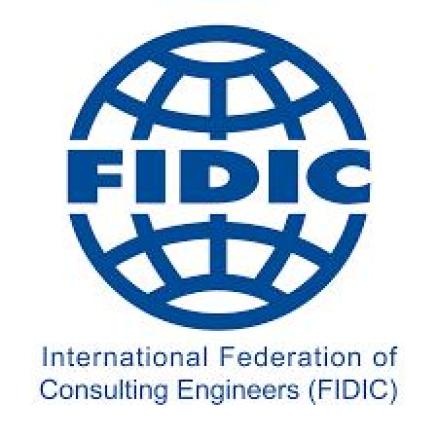
The FIDIC: Key to Success in Construction and Infrastructure Projects
The FIDIC: Key to Success in Construction and Infrastructure Projects
The FIDIC, short for "Fédération Internationale Des Ingénieurs-Conseils" (International Federation of Consulting Engineers), is an international organization founded in 1913 representing consulting engineers worldwide. The FIDIC is renowned for developing sets of standard contract conditions widely used in construction and infrastructure projects.
Importance of FIDIC Contracts:
FIDIC contracts are among the most common and widely used in the world for several reasons:
- Fairness and Equity: FIDIC contracts are known for their balance between the rights and obligations of the contract parties, ensuring fair treatment for all.
- Clarity and Precision: FIDIC contracts feature clear and direct language, reducing the risks of misunderstanding and disputes.
- Comprehensiveness: FIDIC contracts cover nearly all aspects of construction projects, from planning and design to execution and delivery.
- Expertise: FIDIC contracts have been developed over decades by experts in the construction industry, making them reliable and of high quality.
Types of FIDIC Contracts:
The FIDIC offers a variety of general conditions contracts to suit different types of construction projects, including:
- Works Contract: Used for projects where the contractor is responsible for both the design and construction of the project.
- Plant and Design-Build Contract: Used for projects where the contractor is responsible for designing, manufacturing, and installing equipment.
- Turnkey Contract: Used for projects where the contractor assumes full responsibility for all aspects of the project, from design to delivery.
- Design, Build, and Operate Contract: Used for projects where the contractor is responsible for designing, building, and operating the project for a specified period.
Benefits of Using FIDIC Contracts:
FIDIC contracts offer several benefits to the contract parties, including:
- Reducing Dispute Risks: FIDIC contracts help in clearly defining responsibilities and obligations, reducing the risk of disputes between the parties.
- Expediting Dispute Resolution: In case of disputes, FIDIC contracts provide effective mechanisms for dispute resolution, such as arbitration, helping to expedite the resolution process and reduce costs.
- Improving Project Efficiency: FIDIC contracts help in enhancing project efficiency by clearly defining roles and responsibilities and providing a clear framework for project management.
- Enhancing Trust Between Contract Parties: FIDIC contracts help in building trust between the contract parties by providing a fair and equitable basis for collaboration.
Conclusion:
FIDIC contracts are a valuable tool for managing construction and infrastructure projects. They provide a clear, balanced, and legally sound framework that helps reduce dispute risks, improve project efficiency, and enhance trust between the contract parties.
